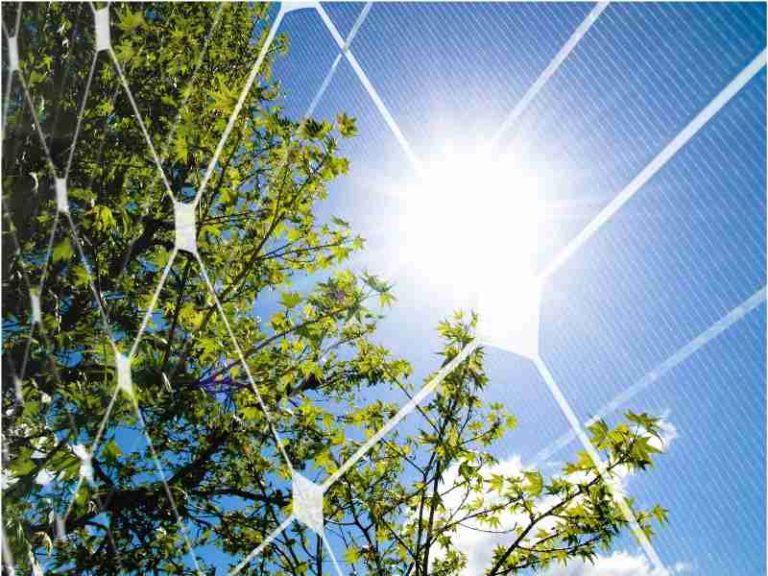By Olu Fasan
LAST week, at the ongoing 26th United Nations Climate Conference of the Parties, COP26, in Glasgow, United Kingdom, President Muhammadu Buhari announced that Nigeria would become a net zero country, evoking climate emergency.
“I do not think anyone in Nigeria needs persuading of the need for urgent action on the environment,” he said, adding: “For Nigeria, climate change is not about the perils of tomorrow, but what is happening today”. Then, he declared: “Nigeria is committed to net zero by 2060”!
Nigeria is in good company. According to Net Zero Tracker, 137 out of 198 countries have made net zero pledges, covering 90 per cent of the global economy, 85 per cent of the world’s population and 88 per cent of the world’s greenhouse gas emissions. So, Nigeria is swimming with the tide, joining major fossil fuel countries like China, Russia and Saudi Arabia to commit to net zero.

Yet, while commitment to net zero is symbolically important, the real test is whether a country is willing to make the tough choices that net zero requires, whether it has detailed plans to do so and, thus, whether its net zero pledge is credible. These are the criteria by which Nigeria’s net zero commitment should, and will, be judged at home and abroad.
But what’s net zero? The word “net” suggests it’s not about absolute zero emissions. Truth is, it’s impossible to eliminate all greenhouse gas emissions completely because some sectors, such as aviation, are difficult to decarbonise.
So, “net zero” means that a country must reduce its greenhouse gas emissions to as close to zero as possible and “offset” the residual emissions through natural carbon sinks, that is: measures that absorb carbon, such as forestation and technologies that capture carbon. So, net zero is achieved through reducing emissions and increasing carbon sinks, the former being the dominant action.
Thus, a credible net zero commitment must entail a detailed plan for reducing emissions and increasing carbon sinks, as the UK’s recently published Net Zero Strategy does by setting out ambitious decarbonisation measures across society as well as off-setting measures. A credible net zero pledge must also be underpinned by legislation, such as the UK Climate Change Act of 2008, as amended, which legally binds the UK’s net zero target.
So, how credible is Nigeria’s net zero pledge? Well, President Buhari said in Glasgow that detailed plans are in place to meet the net zero target. He pointed specifically to the revised National Policy on Climate Change, NPCC, approved last June and the updated Nationally Determined Contribution, NDC, submitted to the UN last July.
In the updated NDC, Nigeria promised to reduce greenhouse gas emissions by 20 per cent (unconditionally) and 47 per cent (conditionally) by 2030. But neither the revised NPCC nor the updated NDC represents a detailed net zero plan because neither sets out ambitious emission-reduction measures.
That said, the National Assembly’s passage of the Climate Change Bill, sponsored by Samuel Onuigbo, a member of the House of Representatives, is a positive development, as the bill includes a net zero target for 2050 – 2070. Onuigbo said that, had President Buhari signed the bill into law ahead of COP26, that would have been Nigeria’s “loudest statement of ambition” in Glasgow. Well, one must hope that, with the president’s announcement at COP26, he would now sign the bill into law so that Nigeria can have a Climate Change Act!
Yet, a climate change act with a net zero target would still not induce climate action credibility because of Nigeria’s unwillingness to wean itself of fossil fuels. As President Buhari announced the net zero pledge in Glasgow, he also said that Nigeria would continue to burn gas to generate electricity.
What’s more, although less mentioned these days, there was also a plan to revive Nigeria’s coal sector, and, as we know, the Petroleum Industry Act sets aside 30 per cent of NNPC’s profits to fund oil and gas exploration in the frontier basins.
So, basically, at COP26, President Buhari was saying: yes, Nigeria wants to reach net zero by 2060, but we would continue to burn fossil fuels and want rich countries to help fund our hydrocarbon projects.
That flies in the face of the G7 countries’decision to stop funding oil, coal and gas projects overseas, and ignores the International Energy Agency’s view that investments in oil, coal and gas projects must end for the world to reach net-zero global emissions by 2050 and limit global warming to 1.5 degrees Celsius.
Truth is, although Nigeria needs considerable international support to become a net zero economy, it won’t get that support unless it seriously commits to weaning itself from fossil fuels. The right approach would have been to commit to net zero by 2060, set out a detailed pathway to decarbonising the economy and ask for financial support to do so.
That’s South Africa’s approach. Coal accounts for 77 per cent of South Africa’s energy mix, but the country has committed to net zero by 2050 and has set out plans to decommission and repurpose its coal-fired power stations. In response, the US, the EU and the UK agreed to provide $8.5bn to help South Africa switch from coal to green energy.
So far, Nigeria has no such credible plan. The energy sector accounts for 60 per cent of Nigeria’s total emissions. That sector needs to be radically decarbonised with shifts to renewables and electric vehicles. But Nigeria is still paying lip service to low-carbon energy generation, and, despite the hype about assembling electric vehicles, there’s no pathway to phasing out the 11.5m combustive emission vehicles in circulation.
Then, there’s livestock breeding, particularly cattle, which accounts for about 13 per cent of total emissions. In a country that values cows more than humans, can Nigeria ever raise climate-friendly cows? Doubtful!
Truth is, with Nigeria’s unwillingness to make the tough choices that net zero requires, President Buhari’s net zero pledge at COP26 lacks credibility.
Source: Vanguard






